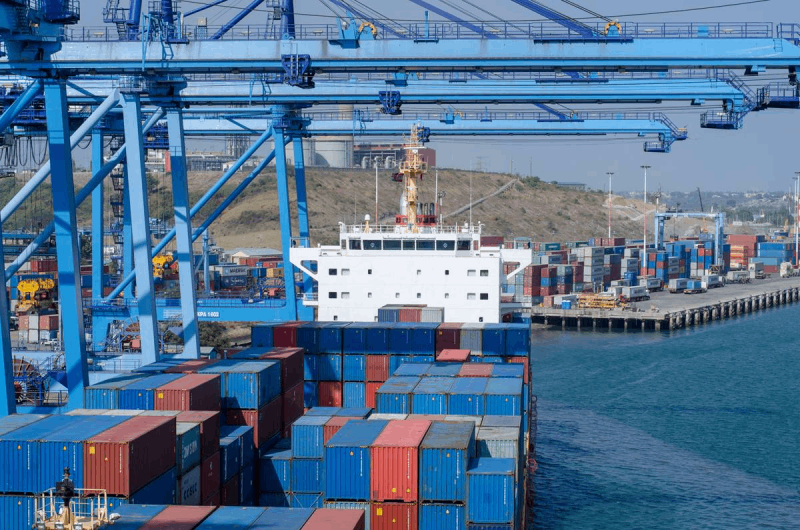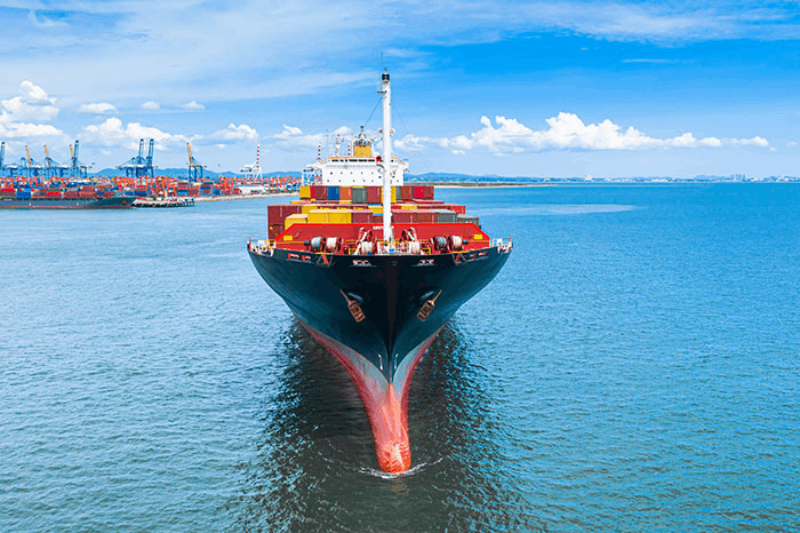Welcome to GLA! Leading the global logistics alliance.


Your location:Home > News > Increased congestion in German North Sea ports
Time:2022-09-09 Publisher:Kevin Num:5846

Although the earlier strike at German ports has ended, the chaos in the German supply chain is still continuing, and more than 2% of the global transport capacity is trapped outside the German North Sea ports and in a state of stagnation.
The World Economic Research Institute (IFW) in Kiel, Germany, said that the supply bottleneck and congestion of container shipping are becoming more and more serious, and are affecting global trade.
The data showed that global trade in August increased by 1.2% over the previous month. However, for Germany's trade, both imports (- 0.2%) and exports (- 0.7%) showed deficits.
On the other hand, the congestion of container transportation is becoming more and more serious. At present, about 11% of the goods are stranded.
Congestion in Bremen and Hamburg ports escalated in September. Two weeks ago, there were 17 container ships waiting for unloading, but now it has climbed to 19.
But, the number of queuing ships near Savannah, an important container port in South Carolina and Georgia, is surging. Congestion outside China's ports shows a "cyclical downward trend".
In the Red Sea, the most important sea trade route between Europe and Asia, the current cargo volume is 16% less than expected under normal circumstances.

Some experts said that since the beginning of this year, the sea freight from Asia to northern Europe and the west coast of North America has dropped significantly. However, congestion is preventing it from returning to its pre pandemic level.
As early as July, dockers in Germany's North Sea port staged a strike, which to a large extent led to the suspension of cargo handling at major ports such as Hamburg Port, Bremen haven port and Wilhelm port.
A few days ago, the German port trade union ver.di finally reached an agreement in the 10th round of collective negotiation with German port operators.
In addition to the congestion in German ports, the recent strikes in Britain are also impacting the supply chain in Europe, and Felixstowe port, the largest container port in Britain, is basically at a standstill.
Following closely, more than 560 dockers at Liverpool port, the second largest port in the UK, plan to strike on wages from September 19 to October 3, which is expected to "seriously disrupt" shipping and road transport in Liverpool and its surrounding areas.
(Related reading: dockers in Liverpool port, England set strike time)
Prev:Welcome! New Golden Member from Kuwait ———— AL-BADER SHIPPING & GENERAL CONTRACTING COMPANY WLLNext:Welcome! New Golden Member from Bangladesh ———— Nuren Freight-Bangladesh
Recommended Membership
Latest News